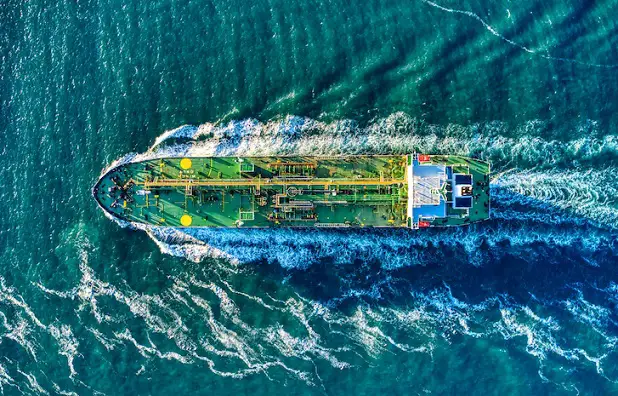According to a new report from Bloomberg, the average four-week seaborne shipments of Russian crude over the period to May 5th, increased by 180,000 barrels per day (bpd), reaching 3.63 million bpd, marking the largest increase since the beginning of 2022, when Bloomberg had begun tracking the shipment volumes in detail. According to the report, despite Russia’s promised voluntary production cuts and Western sanctions, Russian shipments have continued to surge.
According to the report, the data shows that four-week average shipments to Asia, including shipments being transported on vessels showing no final destination, have risen to a new high of 3.37 million bpd over the period to May 5th, which is an increase of 124,000 bpd compared to the period ending April 28th.
At the same time, Russian seaborne crude exports to countries in Europe registered 83,000 bpd, with Bulgaria the only destination listed. In the four weeks to May 5th, no crude was shipped to northern European countries according to the outlet, which added that exports to Russia’s sole remaining Mediterranean buyer, Türkiye, increased to a ten-week high of 177,000 bpd.
Bloomberg’s report also noted that now that Russian shipments have transferred almost all of the country’s volumes to India and China, volumes to Asia are surging to new highs. By the outlet’s calculations, in the latest four-week period, the total volumes of flows of crude on vessels destined for China, and India, as well as smaller flows to Türkiye and on ships which “haven’t yet shown a final destination” increased to a record of 3.55 million bpd.
Bloomberg reported, “Historical patterns suggest that most of the vessels currently identified as “Unknown Asia” destinations and heading for the Suez Canal will end up in India, while those loaded onto very large crude carriers off the north coast of Morocco or, more recently, in the Atlantic Ocean, will head to China.”
Since the EU ceased accepting Russian seaborne crude, Russia has been diversifying its energy supply flows.
Last week, Russian Deputy Prime Minister Aleksandr Novak reaffirmed that Moscow remains committed to major production cuts. Novak argued that the “speculation in the media” that Moscow was not implementing a production cut was incorrect, because the media had not examined a “significant reduction” in pipeline supplies to the EU. He noted those supplies had already fallen by over two-thirds, and were being only “partly offset by maritime shipments.”
Russia had pledged in February to voluntarily cut its oil production by 500,000 barrels per day, starting in March. The reduction was retaliation for Western sanctions which had attempted to limit the prices Moscow could charge for its oil. In addition, the Kremlin promised to halt all sales to any buyer which even mentioned the Western-imposed price cap of $60 per barrel in its contracts.

